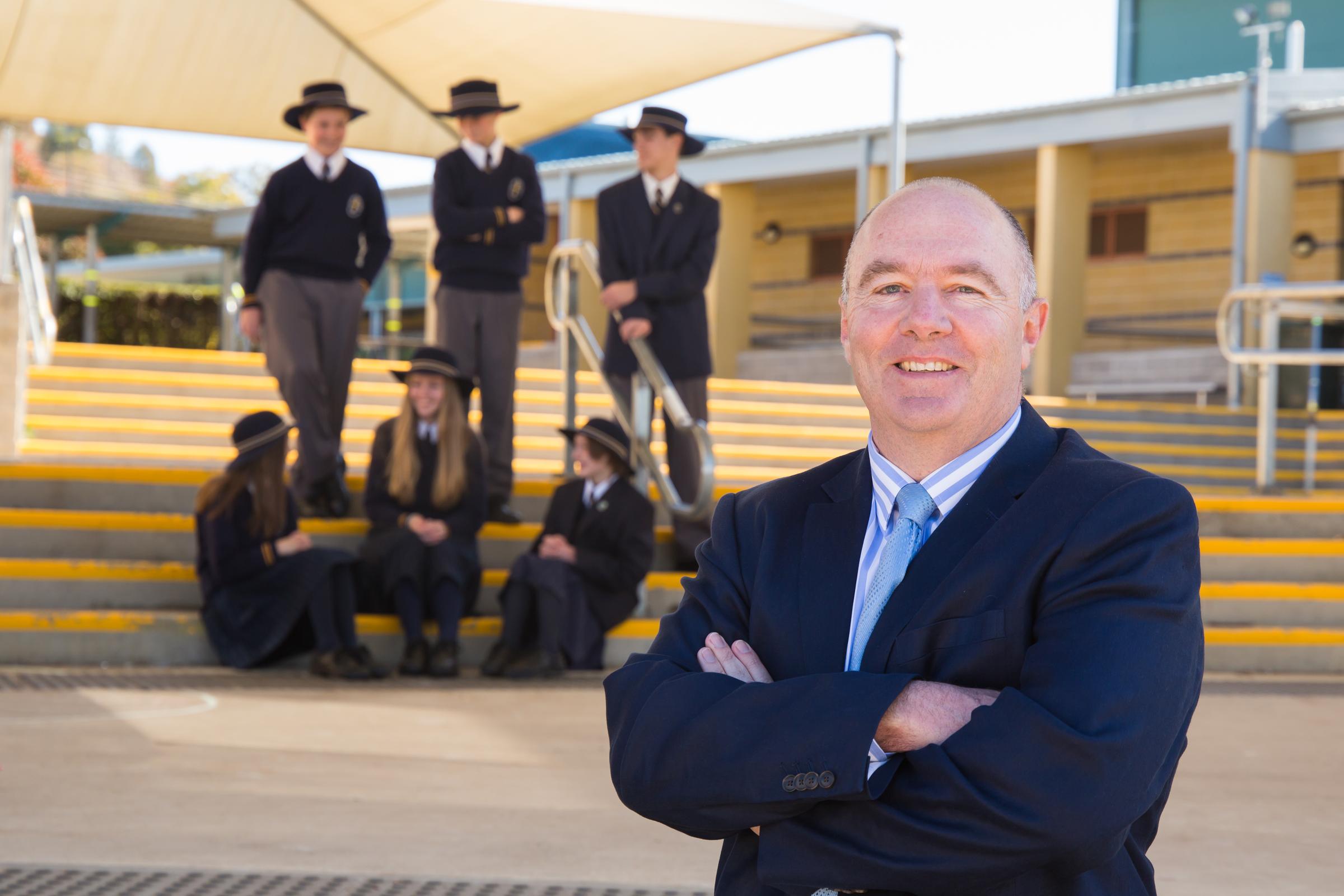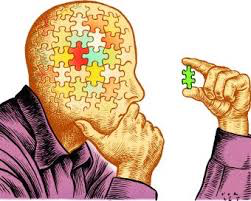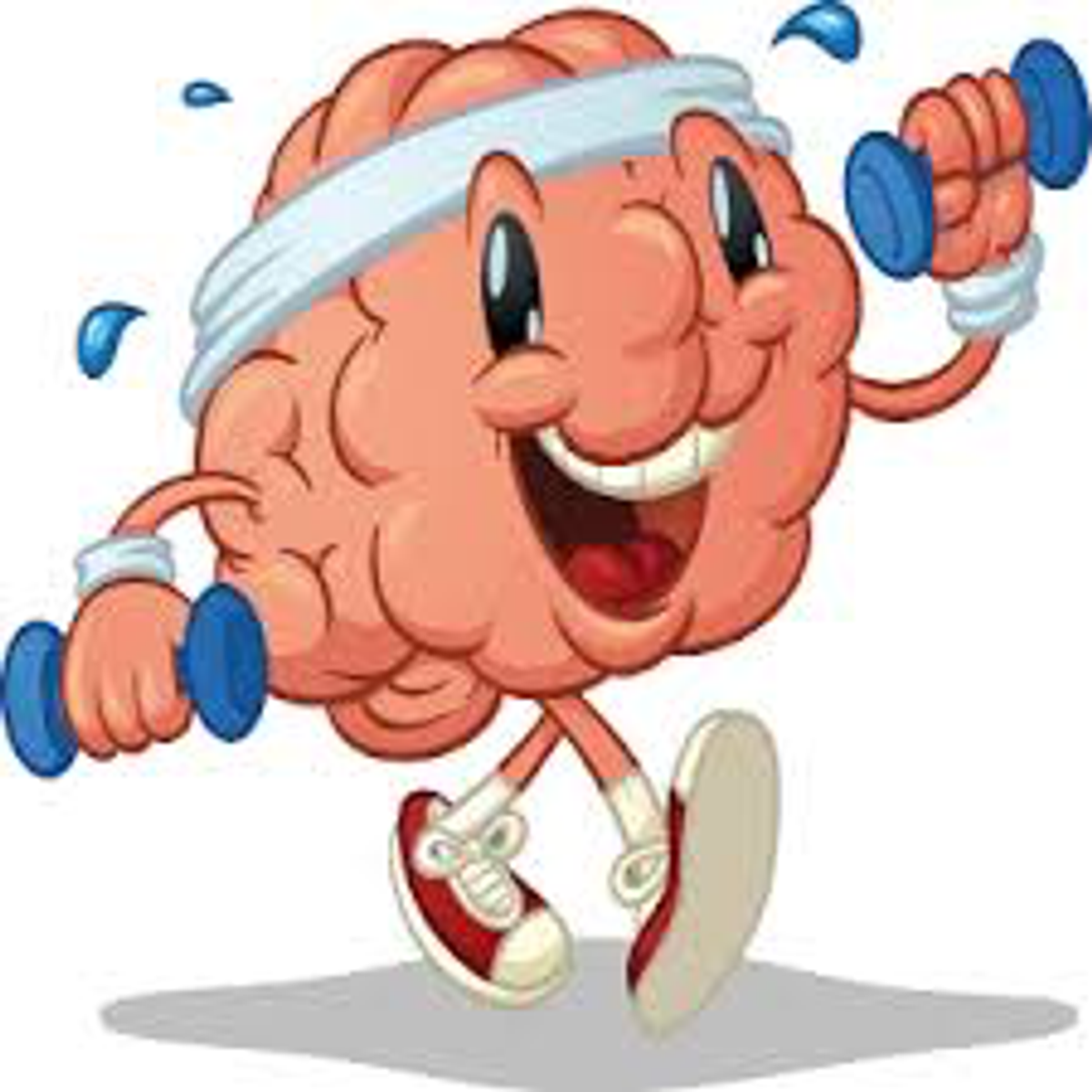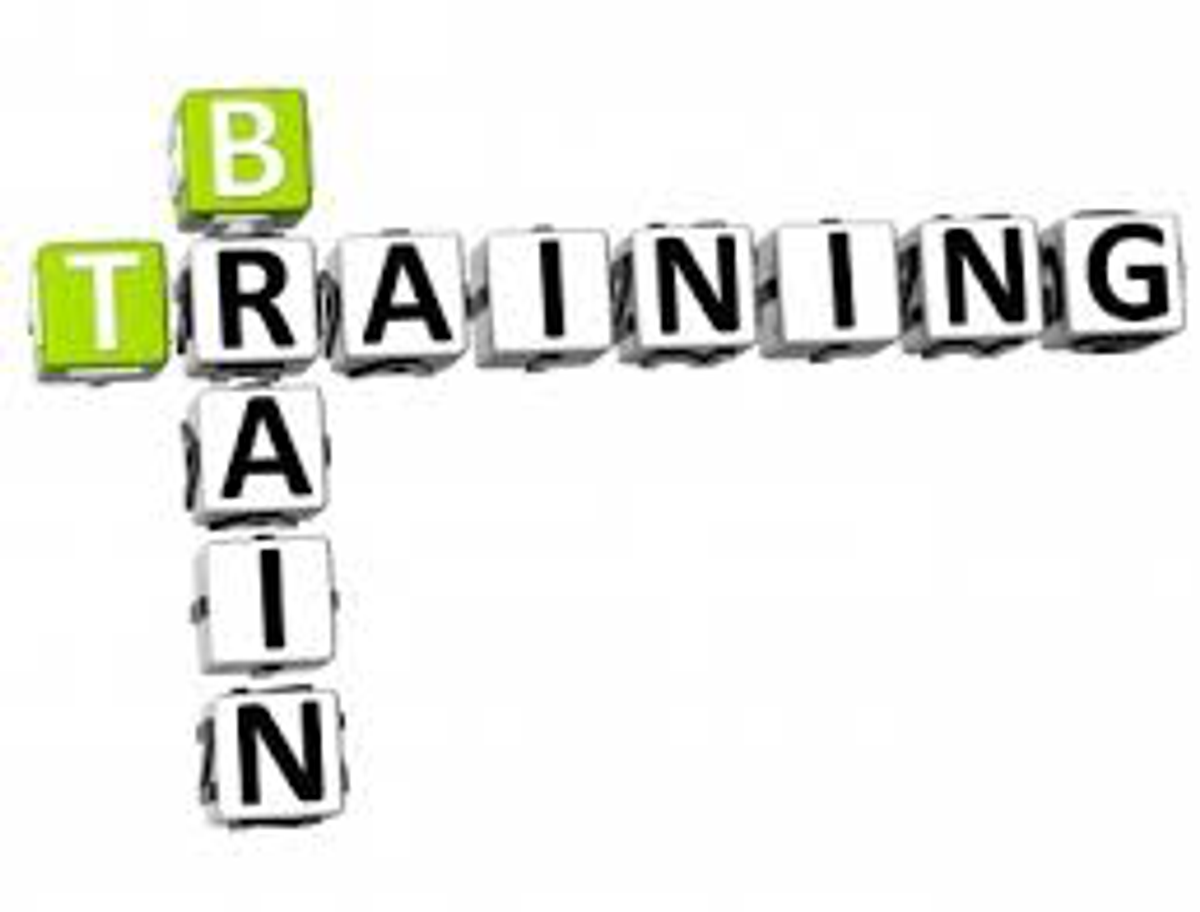Assistant Principal - Pastoral Care

Learning is a Consequence of Thinking
Inspired by the above dictum and the great teacher from antiquity, Socrates, who said “I cannot teach anybody anything, I can only make them think”, as teachers we are constantly seeking ways to create learning experiences that provide opportunities for students to ‘think’ and thus learn.
At times I will encounter students who will say that they are disinterested in a class or subject and justify such a response with the well-worn mantra that it has little relevance to their future. My response is that regardless of the ‘content’ being covered, the course they are taking is training their brain to think in specific ways and that their future life will primarily be shaped and determined by the quality of thinking that they are able to do. It doesn’t matter what career path we embark upon we will always be required to think, and the more effective we are in this capacity, the more rewarding will our career, and life, be.
Just as we want to purchase the most powerful computer for the money we have available to spend, so too should we be looking to develop our brain to its greatest capacity – to stretch it, challenge it and empower it the most we can. Like a muscle, this can only happen when we make it work and engage with demanding and stimulating experiences on a regular basis. Just as our muscles require cross training if we are to be able to cope with a wide range of demands, so too should we challenge our brain with a wide array of areas that teaches us to think broadly, deeply and complexly. As a consequence, students learn how to think creatively, logically, analytically, critically and laterally – such ways of thinking are embedded in all of our subject areas and are the foundation upon which our thinking is built.
Educational theory tells us that if something can be learned then it can be learned by everyone to some degree – for example take driving a car or cooking. With explicit teaching and practice we are all able to reach a degree of proficiency in these tasks. The school curriculum is broad and diverse because we want all students to have the opportunity to learn to think in rich, varied and deep ways. Also, we don’t want to make assumptions about where students will end up in life therefore everybody has an opportunity to learn everything and gradually specialise in the areas that interest them most. This is in contrast to the past when students would be streamed rigidly into trades, clerical or university courses early in high school. Our system is based on the premise that everyone has the capacity to learn, the right to learn and the need to learn.
As parents you are able to support your child’s development as a thinker in numerous ways:
- Emphasise that regardless of the subject it is all about how you are learning to think – that this is the crux of their learning.
- When they are doing a task at home and they may be struggling; ask them to stop, reflect and consider what steps they need to follow to complete a task.
- When you are doing activities about the home or discussing issues with them, comment on their thinking – how you were impressed by the thinking that went into fixing the mower or the home computer, how you liked the way they thought about a particular issue or ask them how they go about solving problems in their games or part-time job – what thinking does it require?
- Discuss your own thinking – how you approach and achieve a goal, what steps you had to take. Involve them by asking what they think should happen next – for example while doing some renovating or cooking or, working out whether or not you should put solar panels on the roof.
The more conscious we are about the thinking that we are doing the better we will be at thinking and the more thinking we do the more we learn.
Mr Mick Larkin - Assistant Principal - Pastoral Care





